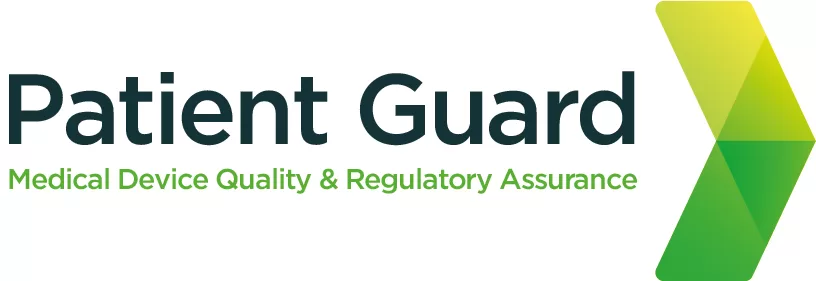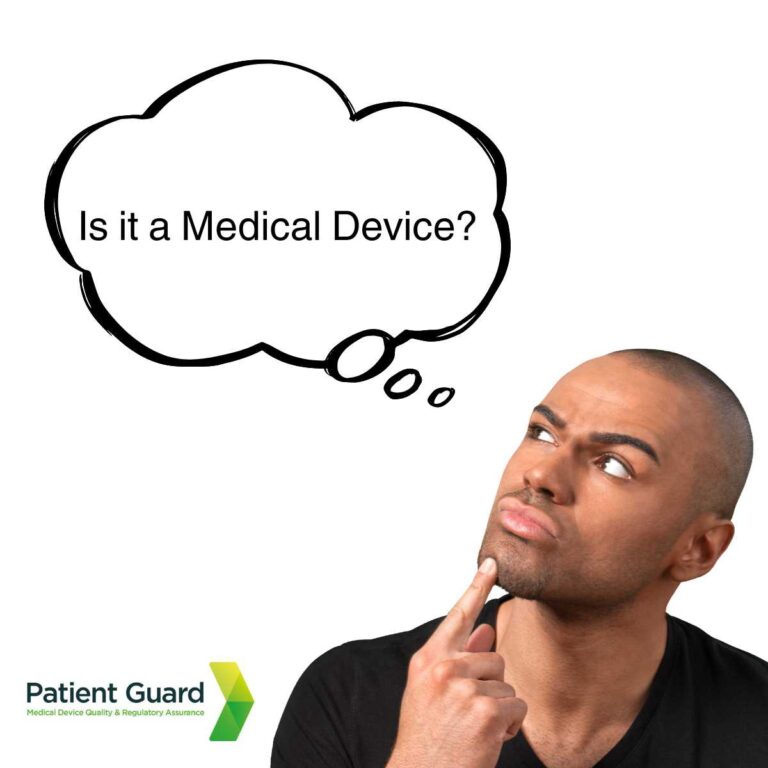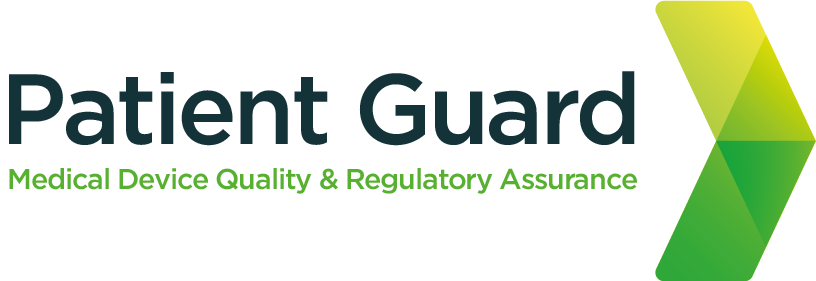Investigational Device Exemption
The investigational device exemption (IDE) facilitates the utilization of the investigational device in a clinical study, enabling the collection of safety and effectiveness data.

Investigational Device Exemption - What is it?
The investigational device exemption (IDE) facilitates the utilization of the investigational device in a clinical study, enabling the collection of safety and effectiveness data. Typically, clinical studies serve as a foundation for supporting a PMA. Clinical data, however, is only required for a minimal percentage of 510(k) applications. Investigational use extends to the clinical evaluation of specific modifications or novel intended uses for legally marketed devices. For any clinical evaluation of investigational devices, unless exempted, securing an approved IDE is a prerequisite before initiating the study.

Investigational Device Exemption - What is required?
To conduct a clinical evaluation of devices lacking marketing clearance, several prerequisites must be met:
Firstly, an institutional review board (IRB) must approve the investigational plan. In cases where the study includes a significant risk device, FDA approval of the Investigational Device Exemption (IDE) is also essential.
Secondly, obtaining informed consent from all patients participating in the study is a crucial step.
Thirdly, it is necessary to provide labeling indicating that the device is exclusively intended for investigational use.
Moreover, rigorous monitoring of the study is imperative to ensure compliance and gather relevant data.
Lastly, maintaining the required records and submitting reports as mandated is an integral part of the clinical evaluation process.
Investigational Device Exemption - What's next?
An approved IDE allows lawful shipment of a device for conducting investigations without the need to comply with other requirements of the Food, Drug, and Cosmetic Act (FD&C Act) applicable to devices in commercial distribution. During the investigation phase, sponsors are not obligated to submit a PMA or Premarket Notification 510(k), register their establishment, or list the device. Additionally, sponsors of IDEs are exempt from the Quality System (QS) Regulation, except for the requirements related to design controls (21 CFR 820.30).
For a significant risk device study, a sponsor must submit a comprehensive IDE application to the FDA. While there are no pre-printed forms for an IDE application, it must contain specific required information. Within the application, the sponsor must demonstrate the belief that the proposed investigation’s risks to human subjects are outweighed by the anticipated benefits and the importance of the knowledge to be gained. Furthermore, the sponsor must establish the scientific soundness of the investigation and provide evidence suggesting that the proposed use of the device will be effective.

How Can Patient Guard Help?
Patient Guard can assist you in this process by drafting documentation to support the IDE application.
Give us a call or complete our contact us form for a free consultation on how we can assist you in this process.
Key Benefits of Partnering with Patient Guard:
- Expertise: Our team comprises seasoned professionals with extensive experience in regulatory compliance and quality assurance within the healthcare industry. We bring unparalleled expertise to every audit, ensuring thoroughness and accuracy in our assessments.
- Tailored Approach: We understand that every organization has unique compliance needs and challenges. That’s why we customize our internal auditing services to address your specific requirements, mitigating risks and maximizing efficiency.
- Regulatory Compliance: By staying abreast of evolving regulatory requirements and industry best practices, we help you maintain compliance with ISO standards, FDA regulations, and other relevant guidelines.
- Continuous Improvement: Internal audits are not just about achieving compliance; they’re also about driving continual improvement. We provide actionable insights and recommendations to enhance your quality management processes and optimize performance.
- Peace of Mind: With Patient Guard as your partner, you can have confidence in the integrity and reliability of your quality management system. Our rigorous auditing practices and commitment to excellence give you peace of mind, allowing you to focus on innovation and growth.
Summary
Patient Guard, your trusted partner in regulatory compliance and quality assurance consultancy. Our services are tailored to ensure your organization’s adherence to stringent regulations and standards, including ISO 13485, and FDA Quality System Regulation (QSR). With our expertise and meticulous approach, we help you navigate the complex landscape of medical device regulations, mitigating risks and enhancing operational efficiency. Explore our comprehensive solutions designed to elevate your compliance standards and bolster your reputation in the healthcare industry.

Tracey Slater, Cormed
Find out more about medical device compliance and regulations

The Biological Evaluation of Medical Devices
In healthcare, ensuring the safety and efficacy of medical devices is paramount. Patients rely on these devices for diagnosis, treatment,

Is My Product a Medical Device?
When developing a new and exciting product it can be hard to know if it might fall under specific regulations.

Medical Device Clinical Evaluation
All Medical Devices that are placed on the market in the EU and the UK must undergo Clinical Evaluation. Clinical

Medical Device Start-up – is not applying a regulatory strategy early on costing more in the long run?
Starting a medical device company can be a stressful time, what with design and development activities, finding funding, ensuring you

